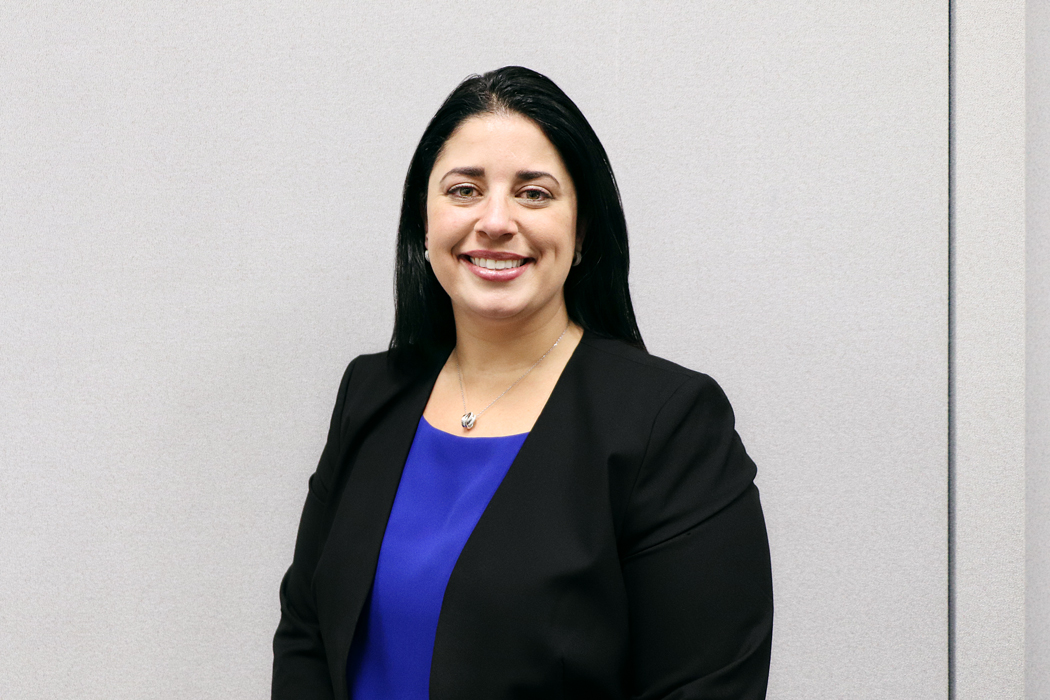|
Getting your Trinity Audio player ready... |
Cade Scholl grew up professionally in real estate, drawn to the industry’s fluid nature. “While it had its ups and downs, it wasn’t as cyclical as other areas like the tech industry,” says Scholl, who is currently CFO at Spectrum Retirement Communities. “I really enjoyed the tangible nature of the work I was doing.”
While serving as head of internal auditing at KB Homes, Scholl had what he considers a pivotal experience that helped define his leadership, management, and connection to his staff and customers. Scholl was frequently on the road, meeting with the various companies under the KB umbrella and sitting in on staff meetings across the country.
“Home building is a very cut-and-dry industry,” Scholl says. “Usually, it’s a lot of reporting and facts, not a lot of emotion. But I remember a manager in Raleigh, North Carolina, who opened up a meeting by asking, ‘How is everybody feeling today?’”
Scholl says that at the time, it threw him completely off guard. “I was used to meetings that were very straightforward,” the CFO says. “We would cover what we needed to accomplish and why and talk about the next steps. I didn’t understand why this person wanted to know how everyone was feeling rather than focusing on next steps to move the business forward.”
The CFO now realizes that, in fact, that manager was asking the right question to move the business forward, which is one of the reasons why that particular subsidiary continually outperformed its peers. “I realized that this manager was really dialed in to her people and to each team member,” Scholl says. “You have to really care about your team, how they feel, and how they’re reacting to the work they have in front of them. That was a pivotal moment for me.”
“You have to really care about your team, how they feel, and how they’re reacting to the work they have in front of them.”
The people aspect of accounting, Scholl says, can often be unaccounted for. That’s doubly important at Spectrum, where simply accounting for general living costs is only a small part of what his team does.
“We don’t just provide our residents with four walls and a bed,” Scholl says. “We provide lifestyle enrichment, including food, entertainment and programming, transportation, and assistance with daily care needs. We help take care of many aspects of their lives, and that means our department has to continually interact with others to ensure the best possible customer service—it’s not just about collecting rent.”
The idea of customer service isn’t one inherently found in the accounting function, but it’s one Scholl believes in strongly. “Spectrum is a customer service company that just happens to own senior living communities,” the CFO says. “When I got here, it seemed like those communication channels within the accounting department may have been a bit fragmented, so it was something I wanted to focus on. I thought there was an opportunity to understand all facets of the business so that communication, and therefore customer service, could improve throughout our department.”
Scholl has only been at Spectrum since July 2019, but he believes valuable inroads have been made. “One of the things that I think I’ve been able to do well is to go out and meet my peers where they’re at,” Scholl explains. “I work hard to understand their needs and get information that will help our corporate team support our communities, and therefore the residents they serve, as successfully as possible.”
One of the most important norms he has been working toward is finding continually more efficient and precise ways to gauge progress and outcomes. “You’ve got to be able to measure how you’re doing,” Scholl says. “It’s one of the first lessons you learn in school: if you can’t measure it, don’t bother trying to get better at it.”
“It’s one of the first lessons you learn in school: if you can’t measure it, don’t bother trying to get better at it.”
Scholl has also had to come to terms with a steep learning curve in a business that touches so many different areas. Across Spectrum’s forty-eight communities, each one has a dining room that functions as an upscale restaurant.
“When I first got here, I kept hearing ‘front of house’ and ‘back of house’ and didn’t know what that meant. Different lingo was used, and it was important for me to have the humility to ask questions and seek clarification,” says Scholl, who credits his customer service background with his ability to ask those questions. “Understanding exactly what services we are providing has not only helped my team and me to provide better service but also to measure and improve our outcomes.”
Spectrum created a business relationship with Legacy Healthcare Services to provide therapy services for residents, which allowed for another learning opportunity for Scholl. Scholl says he’s grateful that President and COO Bradley Kraus has been patient with his learning curve, but that hasn’t prevented the CFO from making great gains with his team.
“I’ve challenged my team members to get out and make advocates of the accounting group,” Scholl says. “That’s not an easy thing to do for a group of people that are generally more introverted and prefer to sit and crunch numbers. But it’s important that my team members get out of their cubes and collaborate cross-departmentally. Fundamentally, this will make us a better team because it’s not just about the numbers, it’s about the people.”
And in all things, Scholl keeps that Raleigh staff meeting in mind. The CFO keeps the Spectrum mission statement on his wall and incentivizes his team to remember the reason why they’re there. “My job is to connect with my team and give them ownership of the work they’re doing,” Scholl says. “It’s important to remember why we come to work every day.”
Legacy Healthcare Services is therapist-driven provider of physical therapy, occupational therapy, speech-language pathology, and wellness services. Our clinical programs are provided on-site within assisted and independent living communities, CCRCS, and skilled nursing facilities. We currently provide services in twenty-plus states—offered eight hours a day, five days a week.

